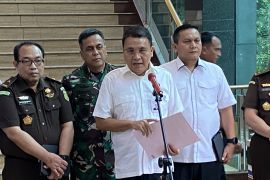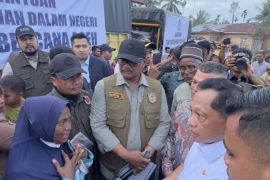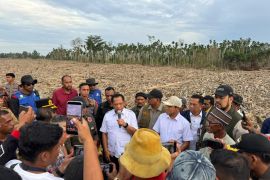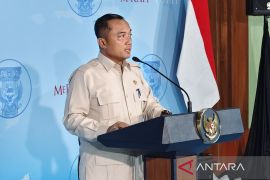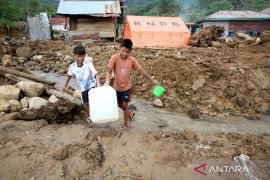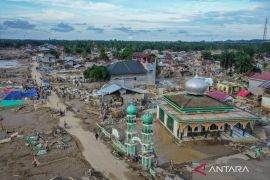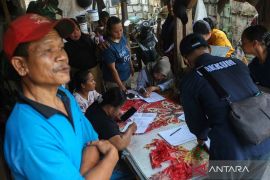"Risk of (COVID-19) transmission is getting smaller from time to time, but the transmission is still there," he underlined during an online talk show entitled "Take care of your heart, immunity and health in the month of Ramadan,” which was accessed here on Tuesday.
According to Harmadi, the decline in the risk of transmission is in line with the improvement in the handling of the COVID-19 pandemic, which has led to many regions experiencing a decline in the level of public activity restrictions (PPKM).
Regions whose PPKM level has decreased can relax various restrictions, which could, consequently, lead to an increase in public activities.
"In conditions where (people's) activities are starting to be allowed because the risk of transmission is getting smaller, people's mobility will increase, their activities will increase," he noted.
Related news: Indonesia among countries with low COVID transmission risk: ministry
The task force reminded people that the world is not free of the COVID-19 pandemic yet. Thus, people must keep complying with the health protocols.
"The health protocols remain essential because we have not escaped the pandemic phase," he stressed.
Harmadi also said that the COVID-19 Handling Task Force has continued to carry out social engineering efforts to make people accustomed to following the health protocols, such as wearing masks and maintaining a safe distance.
People are being allowed to carry out their activities while still implementing the health protocols so that the COVID-19 pandemic can be ended, he added.
The first case of COVID-19 was confirmed in Indonesia in March 2020. According to data from the COVID-19 Handling Task Force, as of April 12, 2022, Indonesia has recorded a total of 6,035,358 COVID-19 cases, 5,811,666 recoveries, and 155,717 deaths.
Related news: Omicron ups risk of household transmission: ministry
Related news: COVID-19 transmission is slowing down: Health Ministry
Translator: Anita Permata, Raka Adji
Editor: Suharto
Copyright © ANTARA 2022

